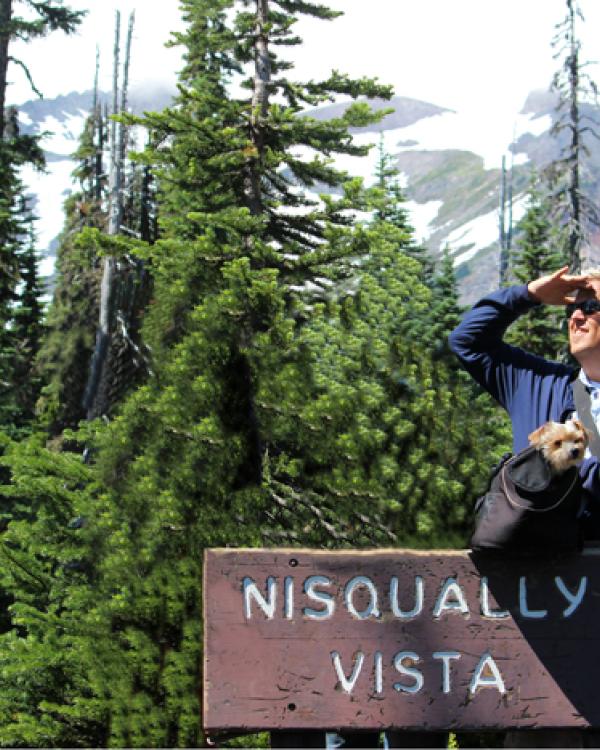
For this week we caught up with Delwin Carter, a doctoral student in the Department of Education emphasizing in quantitative methods. His advisor is Karen Nylund-Gibson. He received his B.A. in Psychology and M.A. in Experimental Psychology at California State University, Northridge. His broad interests include latent variable analysis, measurement, and structural equation modeling. More specifically, he has done research in several substantive areas including peer victimization, perceived discrimination, and depression. Methodologically speaking, his current research involves mediation/moderation, factor analysis, measurement invariance, and item-order effects.
GGSE: What drew you to study quantitative methods?
Carter: My academic career began at Santa Monica College where I started on the nursing track but turned to psychology because of health-related issues. I excelled in my studies until it came to Statistics. The first time I took it Stats I had to take a withdrawal (W), and the second time I barely got a C. I transferred to California State University, Northridge and majored in Psychology. I didn’t know how I would fare because of my Stats ability! As it would happen, my next Stats professor (Dr. A) spoke about Statistics in a way that made complete sense to me. I followed him around throughout my BA and my Masters in Experimental Psychology. I was amazed because I found a love for Statistics, especially the sharing of knowledge through teaching and mentoring. These experiences were a great reminder that you never know what the universe has in store for you!
GGSE: Why did you choose to do so at UCSB?
Carter: Coincidentally, Karen Nylund-Gibson inquired to Dr. A about any strong quantitative students during the year I was going to finish my master’s degree (they attended UCLA at the same time). I immediately emailed her and scheduled an appointment to come visit. Karen ended up being the reason I chose to come to UCSB (although the area wasn’t too bad either! J). Karen and I shared research interests but also, she had such a warm disposition and positive outlook. I was sold! As it turns out, I wasn’t wrong. Karen has been an amazing (and patient) advisor and I feel so fortunate to work with her! I have also enjoyed learning from all of the other talented faculty and graduate students here as well!
GGSE: Tell us about a current research project.
Carter: My current research project is quite technical – When conducting mixture analysis with covariates (predictors, x) and distals (outcomes, y), it is necessary to model the direct relationship between them (x → y), above and beyond their relationship with the latent class variable (x → C → y). This, by default, creates a mediation mixture model. In typical mediation analysis it is popular, and important, to report effect sizes (like R squared) to provide an estimate of how much variance is being explained in the outcome variable by the predictors. The problem is that the way mixture models are estimated makes this inherently challenging. With Karen’s guidance (and help from other graduate students), I discovered a way to calculate an effect size that estimates the added value of the latent class variable in the mediation context. In other words, how much of the variance in the outcome variable is being explained by the addition of the latent categorical variable. By providing researchers a framework to report how much variance the heterogeneity in the sample explains in their outcome variable(s) will allow them to deliver an extra layer of meaning to their applied work.
GGSE: In your spare time, if you have any, what do you do (feel free to talk about your music!)?
Carter: There are a couple hobbies that I have that I really enjoy. I love golfing! I try to get out every weekend. My friends from Los Angeles meet me halfway every week where we play in Ventura, Thousand Oaks, Moorpark, and Simi Valley. I also belong to a club where we compete once a month.
My wife and I are a band! She is a professional singer and I play acoustic guitar. We have played shows all over southern California and here in Santa Barbara. We started by writing songs for children with disabilities. You can learn more at colorblueday.com or check out our YouTube channel!